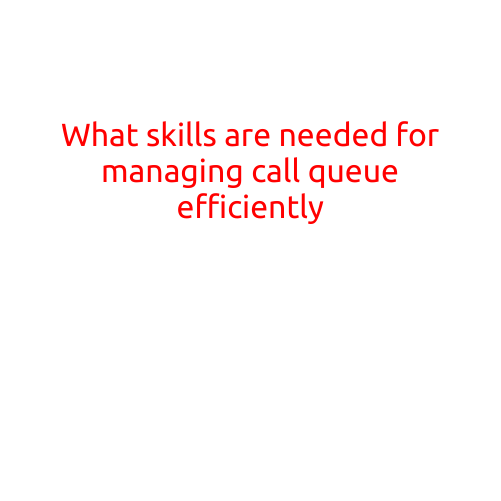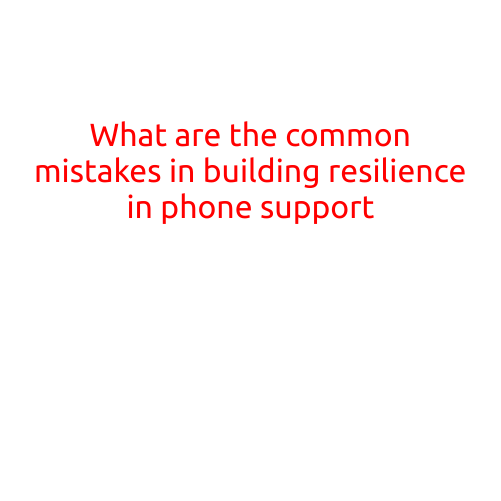
What is the Best Way to Handling Difficult Phone Calls?
Dealing with difficult phone calls can be a daunting task, especially when you’re caught off guard or unprepared. Whether it’s a disgruntled customer, a demanding colleague, or an unsolicited sales pitch, handling these types of calls requires a specific skill set and a calm demeanor. In this article, we’ll explore the best ways to handle difficult phone calls and provide practical tips to help you navigate these challenging situations with confidence.
1. Stay Calm and Composed
The key to handling difficult phone calls is to remain calm and composed, even when the caller is upset or aggressive. Take a deep breath, count to ten, and try to focus on the issue at hand. A calm and collected tone will help to diffuse tension and create a more constructive conversation.
2. Active Listening
Active listening is crucial when dealing with difficult phone calls. Make sure to give the caller your undivided attention and repeat back what you’ve understood from their message. This not only shows that you’re listening but also helps to clarify any misunderstandings and prevents miscommunication.
3. Acknowledge and Validate
Acknowledge the caller’s concerns and validate their emotions by using phrases such as “I understand why you’d feel that way” or “I’m sorry to hear that”. This helps to show empathy and understanding, which can go a long way in diffusing tension and improving the conversation.
4. Stay Focused on the Issue
It’s easy to get sidetracked when dealing with difficult phone calls, but it’s essential to stay focused on the issue at hand. Avoid taking personal digs or getting defensive, and instead, concentrate on finding a solution to the problem.
5. Empower the Caller
Empowering the caller by providing options or solutions can help to reduce frustration and create a sense of control. Make sure to explain the process and timeline for resolving the issue and provide a clear point of contact for further assistance.
6. Know When to Escalate
In some cases, you may need to escalate the issue to a superior or another team member. Don’t be afraid to do so if you feel overwhelmed or unsure about how to proceed. Knowing when to escalate is crucial in handling difficult phone calls and can help to prevent further escalation.
7. Use Positive Language
Using positive language and a friendly tone can go a long way in handling difficult phone calls. Avoid using aggressive or confrontational language, which can escalate the situation further.
8. Take Notes
Taking notes during the call can help you to stay focused and ensure that you don’t forget important details. This can also be useful when following up on the issue or escalating it to a superior.
9. Follow Up
After the call, make sure to follow up and document any agreements or next steps. This helps to ensure that the issue is closed and that the caller feels that their concerns have been addressed.
10. Practice and Prepare
Handling difficult phone calls requires practice and preparation. Make sure to role-play different scenarios, practice active listening, and prepare yourself mentally and emotionally for challenging conversations.
Conclusion
Handling difficult phone calls requires a range of skills, from active listening to empathetic communication. By staying calm, focusing on the issue, and empowering the caller, you can navigate even the most challenging situations with confidence. Remember to stay focused, use positive language, and practice and prepare to handle difficult phone calls like a pro.





